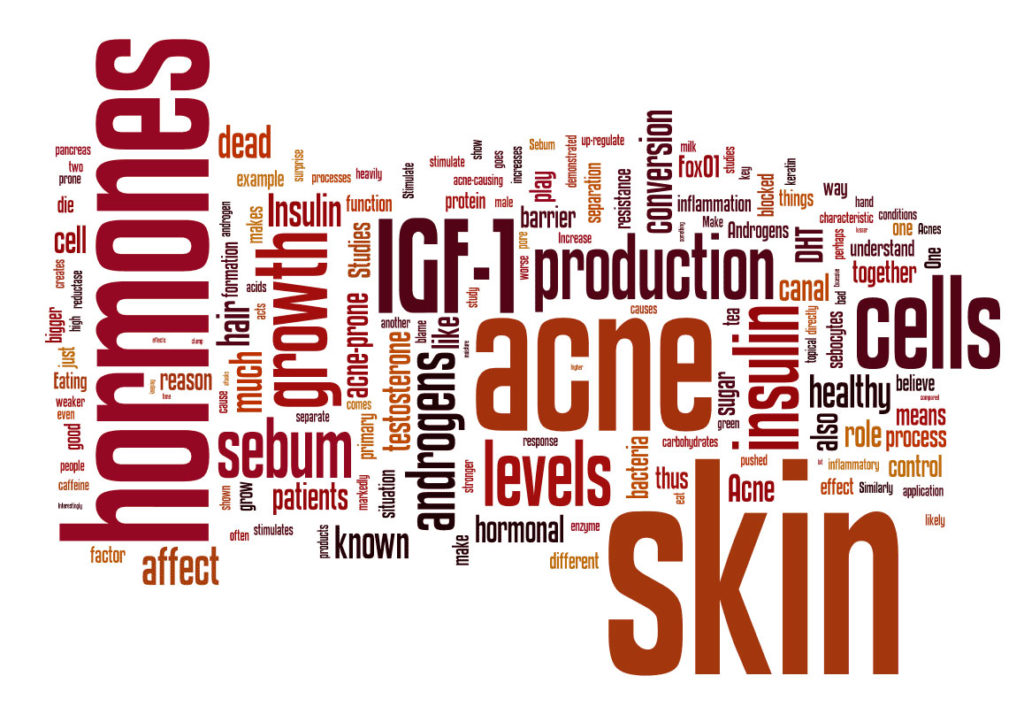Our health is our most valuable asset. Poor health affects not only our earning potential but our quality of life too. However, making our way through the many conflicting health messages can be a real challenge. It’s important to make sure that the person offering health advice is qualified to do so; there is a lot of misinformation available.
The nutrients we consume through our food supply energy and raw materials for our bodies to perform the functions that keep us alive. You can’t fix a car with bathroom cleaning tools, and you can’t improve your health without the right nutrients. Food is information for our bodies. There are trillions of chemical processes that occur in our bodies every day and for them to function effectively, we need to provide the correct nutrients in appropriate quantities.
The major causes of premature deaths in New Zealand are chronic diseases such as heart disease, cancer, diabetes, stroke, and chronic respiratory disease. The risk factors for these diseases are all the same: poor eating habits, smoking, inactivity, stress, and inadequate sleep. We know how to prevent most chronic diseases and preventing disease before it starts is always better than relying on a cure that may or may not work.
Thanks to modern medicine we are living longer, but are we living well? Do we enter older age with many health complaints, or do we enter it with energy and vitality, with strong, healthy bodies that enable us to enjoy a good quality of life? Do you see yourself running around enjoying your grandchildren or fulfilling all those dreams of what you would do when you retire? Will you have the energy and strength to achieve those dreams? A strong, healthy body is the key.
Taking control of our health is vital, some ways we can achieve that are by:
- reading food labels, making sure we know what’s in the products we’re eating; not being misled by some of the ‘health’ claims on them and being aware of serving sizes on the back of the packaging.
- cooking from scratch, which allows us to have control over the ingredients we choose to use and therefore the nutrients or building blocks we are putting into our bodies.
- gardening, which gives us the option of choosing not to use chemical sprays and having cost-effective organic produce easily available. Picked and eaten fresh means we are getting the maximum nutrition from our veggies and fruit.
- making some form of activity a part of everyday life. If we use our muscles, they will stay strong and support our bones well. Exercise also supports good brain function.
We are what we eat. What we eat becomes part of our bodies. It’s never too late or too early to start changing the way we eat and move. We can give our children a different future than the one we are currently facing, with the continuing rise of chronic diseases. Prioritise health, think of it as wealth…….something we invest in. I love this quote by John Maxwell, “You will never change your life until you change something you do daily. The secret of your success is found in your daily routine”. Make it a challenge to do something daily that promotes your good health.
If you would like help with creating new routines and learning how to prioritise your health, e-mail me at paula@drkathleen.co.nz for an appointment.

Registered Nutritionist & Health Coach
(BSc Nutrition and Sports Science)
Member of the Nutrition Society of New Zealand
References
Chronic diseases and health promotion: http://www.who.int/chp/en/
“Chronic diseases, such as heart disease, stroke, cancer, chronic respiratory diseases and diabetes, are by far the leading cause of mortality in the world, representing 60% of all deaths. Out of the 35 million people who died from chronic disease in 2005, half were under 70 and half were women. This invisible epidemic is an under-appreciated cause of poverty and hinders the economic development of many countries. Contrary to common perception, 80% of chronic disease deaths occur in low and middle income countries.”




